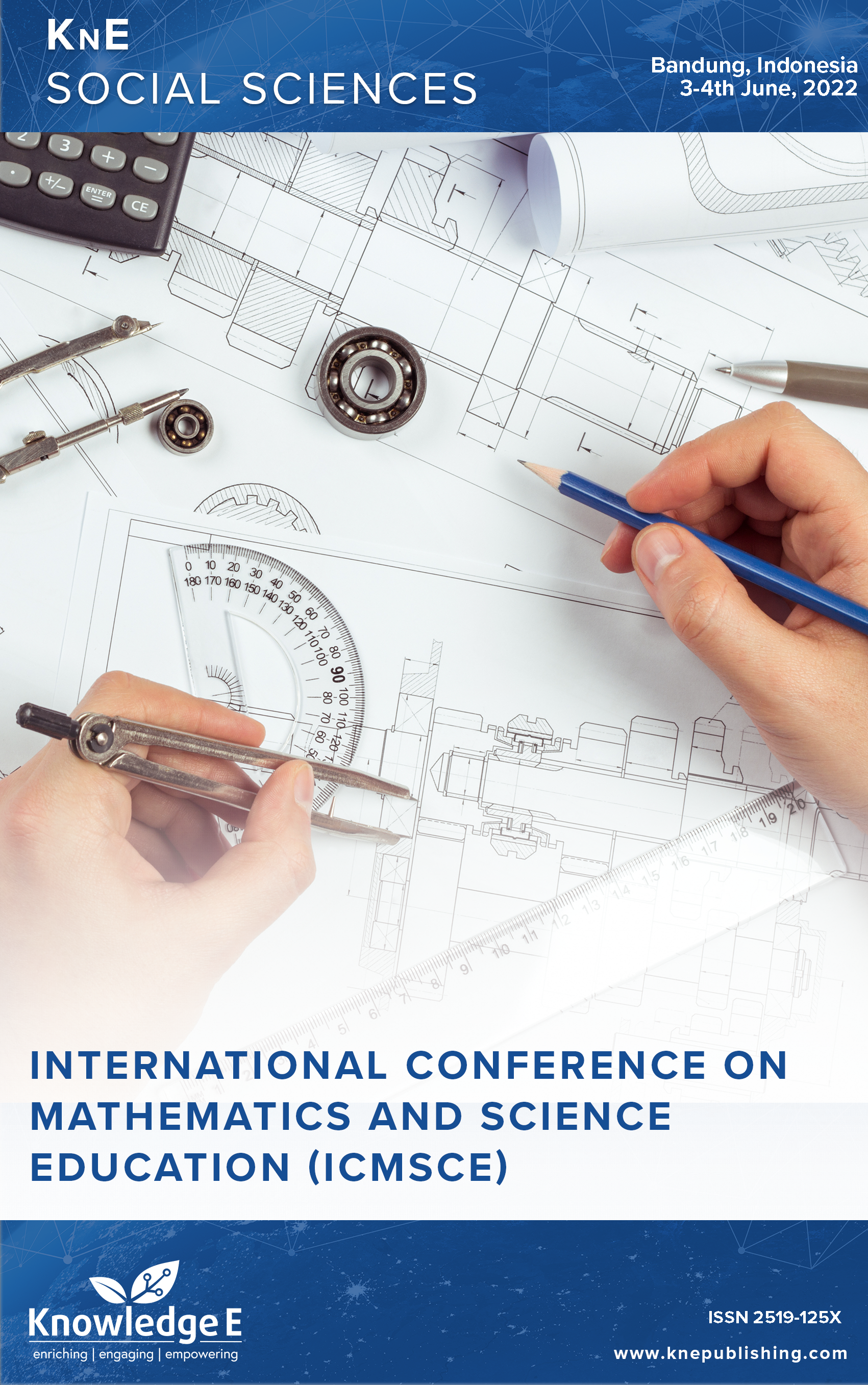The Effect of Inquiry Learning on the Critical Thinking Skills of Students in the Era of the Industrial Revolution 4.0
DOI:
https://doi.org/10.18502/kss.v9i13.16025Abstract
Competition in the 21st century demands that human resources have excellence in both academic and non-academic fields. The quality of human resources can be seen based on the attitude, character, and critical behavior possessed by each individual. Education is the first step in efforts to improve the quality of human resources in order to compete in the 21st century. One of the education that must be mastered is science and technology, so that in its completion teachers must be able to educate their students to be able to think at a high level or high order thinking skill (HOTS). This includes aspects of critical thinking skills, which are abilities needed by students to be able to survive in the 21st century. The goal that is carried out in this journal is how to improve students’ critical thinking skills. This research is a quasi-experimental study with a posttest-only control group design, this research was conducted at SMAN 1 Panawangan. The appropriate learning model to improve critical thinking skills is the inquiry learning model because the inquiry learning model is a process of obtaining information by observing and experimenting. The results obtained after the research proves that students who are taught to use the inquiry learning model have higher critical thinking skills than students who are taught to use the conventional model.
Keywords: inquiry learning, critical thinking skills, industrial revolution
References
Sadia IW. “Model-model pembelajaran sains konstruktivistik.,” Yogyakarta: Graha Ilmu. p. 2014.
Nasution SW. Penerapan model inkuiri terbimbing (guided inquiry) dalam meningkatkan kemampuan berpikir kritis pada pembelajaran fisika. Jurnal Education and Development. 2018;3(1):1.
Prayitno BA, Sugiharto B, Harjanti W. “Penerapan integrasi sintaks inkuiri dan STAD (INSTAD) untuk meningkatkan kemampuan berpikir tingkat tinggi siswa kelas VII-D SMPN 27 Surakarta.,” BIOEDUKASI. vol. 6, no. 1, p. 2013.
Hayudiyani M, Arif M, Risnasari M. Identifikasi kemampuan berpikir kritis siswa kelas X TKJ. Jurnal Ilmiah Edutic. 2017;4(2):22.
P.S. Dewi, “Perspektif Guru Sebagai Implementasi Pembelajaran inkuiri terbuka dan inkuiri terbimbing terhadap sikap ilmiah dalam pembelajaran sains.,” Tadris: Jurnal Keguruan dan Ilmu Tarbiyah. vol. 1, no. 2, p. 179, 2016. https://doi.org/10.24042/tadris.v1i2.1066. DOI: https://doi.org/10.24042/tadris.v1i2.1066
Winarni EW. “Mengajar IPA secara bermakna.,” Bengkulu: UNIB Pres. p. 2009.
Maryam M, Kusmiyati K, Merta IW, Artayasa IP. Pengaruh model pembelajaran inkuiri terhadap keterampilan berpikir kritis siswa kelas XI MIA MAN 2 Mataram. Jurnal Pijar Mipa. 2019;14(3):154–61. DOI: https://doi.org/10.29303/jpm.v14i3.106
Hamruni A. “Strategi pembelajaran.,” Yogyakarta: Insan Madani. p. 2012.
Handayani VT. Pengaruh pengetahuan awal, kedisiplinan belajar, dan iklim komunikasi kelas terhadap hasil belajar produktif akuntansi siswa kelas XI Jurusan Akuntansi SMK Negeri 3 Bangkalan. Jurnal Ekonomi Pendidikan Dan Kewirausahaan. 2017;3(1):91. DOI: https://doi.org/10.26740/jepk.v3n1.p91-102

